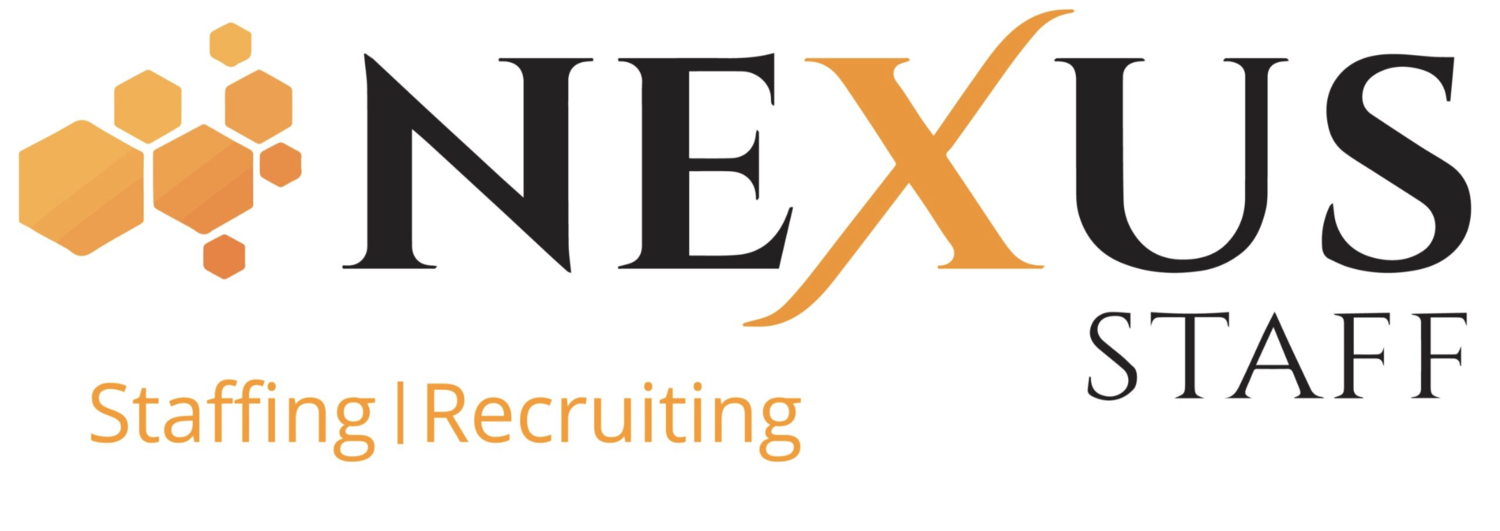How to Discuss a Career Change in an Interview
Finding a role in a new field or industry takes courage. There can be a lot of uncertainty regarding a lack of experience, learning new skills, and remaining optimistic along the way. The good news is, if you've made it to an interview, the recruiter or hiring manager you are speaking with saw your potential! They have had a chance to look over your hiring materials and see your abilities as a candidate. Now it's time to go into your interview and prove them right. Use these tips below for discussing your decision to make a career change.
Be honest and confident
Perhaps you’ve realized your side hustle is your true passion. Maybe you’ve finished working toward your degree and are now ready to make the switch to a new field. Or maybe you’re just looking to learn something new after years in the same role. Whatever your driving factor is – share your honest answer with your interviewer. When you’re speaking from experience, you are more likely to confidently deliver your responses. In addition, your interviewer will get a better understanding of your motivation and learn more about what makes you the best candidate for the job.
Highlight your transferable skills and unique perspective
Despite not having exact experience for a role when changing career paths, it’s likely you will have transferable skills that are relevant in any position. For example, while required skills needed for the position may include learning new technologies, platforms, and programs that are constantly being developed, your transferable skills may relate to soft skills such as communication or organization.
Not only do you have the opportunity to explain your skills through your answers to the questions you are asked, but you also have the ability to display these skills in real-time. For example, being on time for your interview shows you are organized and punctual while your body language and truthful answers during the interview can display your strong communication skills.
Additionally, coming from a different career path means you’re likely to bring a new perspective to a role and organization, thus encouraging those around you to make well-thought out decisions, thoroughly discuss ideas, and limit potential biases that can often come with teams made up of people with the exact same backgrounds and experiences.
Discuss your long-term goals and focus on the future
Take a step back to look at the bigger picture of your career change. While applying to a role and landing an interview are just two steps, try thinking of how that position will play a part in your long-term goals. Walk your interviewer through what your plans are to really break into the new field of your choice and explain how you see yourself excelling in your new role. Rather than giving a specific step by step explanation, remember to focus on the skills you want to gain in the role or the responsibilities you one day hope to hold. Focusing on the future and where you are headed in your career gives your interviewer a clear understanding of what makes you stand out for the role and gives you the chance to truly envision yourself in your new field.
Decided to make the switch to a new career field but still feeling unsure about your job search? Nexus is here to help! Take the first step and contact us today for a personalized recruitment experience or check out our list of available jobs.





